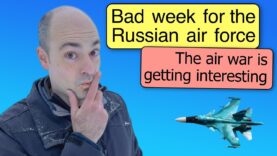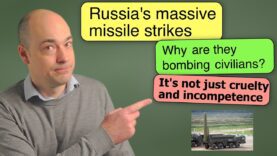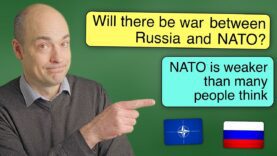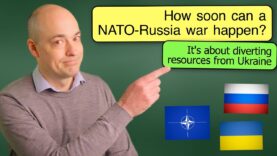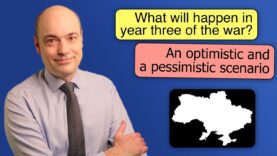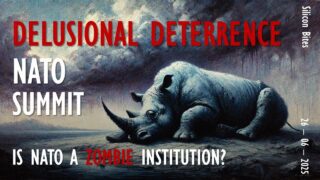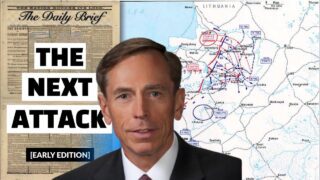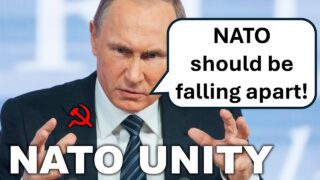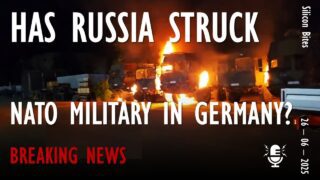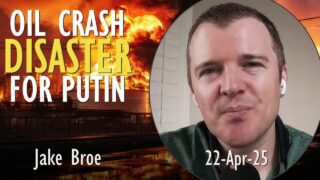NATO-Russia war: Can it really happen?
Video Summary
In recent years, there have been warnings from high-ranking officials and military leaders in NATO about a possible war between Russia and NATO within the next five years. This warning has sparked a heated debate about the likelihood of a war and how to prevent it. Some argue that Russia’s threat is exaggerated and that it is unrealistic to expect a war between Russia and the Western alliance. Others believe that the warning is valid and that Russia’s actions in Ukraine and other parts of the world are a clear indication of its aggressive intentions.
According to the speaker, the war is not likely to be a traditional war between two opposing armies, but rather a form of aggression that aims to test NATO’s resolve and commitment to defend its member states. Jake believes that Russia’s goal is not to take over territory, but to undermine NATO’s unity and cohesion.
Jake emphasizes that NATO’s Article 5, which states that an attack on one member is an attack on all, is not just a guarantee of defense, but also a commitment to defend other member states. If Russia is able to create a scenario where some member states are not willing to go to war, NATO will collapse, and Russia will gain an advantage.
Jake suggests that Russia’s preferred strategy would be to create a scenario where NATO member states are not forced to go to war, but instead choose to stay out of the conflict. This could be achieved by creating a situation where only a few member states are directly affected, making it easier for Russia to test NATO’s resolve without triggering a full-scale war.
In this context, the speaker believes that a possible flashpoint for a conflict could be the north of Finland, where Russia could establish a security zone or use other forms of aggression, such as building a military base, and see how NATO responds. This would be a low-risk way for Russia to test NATO’s commitment without risking a full-scale war.


